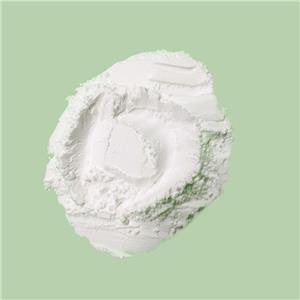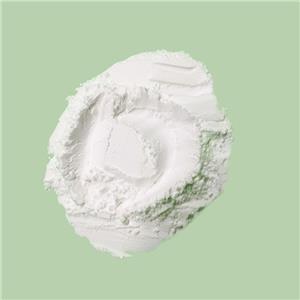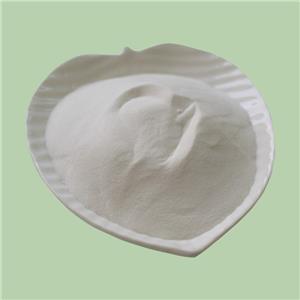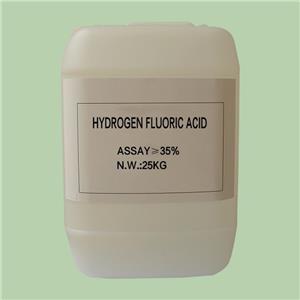The Versatile Application of Zinc Fluoride in Conductive Materials
Zinc fluoride, an unassuming compound, plays a crucial role in the realm of conductive materials, contributing to the development of various electronic devices. This article delves into the versatile applications of zinc fluoride in the realm of conductive materials, shedding light on its importance and functionality.
Before exploring its applications, let's grasp the basics of zinc fluoride. It is a compound known for its unique properties, making it a valuable component in the creation of conductive materials.
1. Transparent Conductive Coatings:
Zinc fluoride finds widespread use in the formulation of transparent conductive coatings. These coatings, when applied to non-conductive substrates like plastic or glass, maintain transparency, making them practical for applications such as touchscreens, displays, and solar panels.
2. Conductive Inks:
In the realm of conductive materials, zinc fluoride serves as a component in conductive inks. These inks are commonly used in printing circuits, sensors, and other electronic components. Acting as a conductive filler, zinc fluoride enhances the ink's overall conductivity.
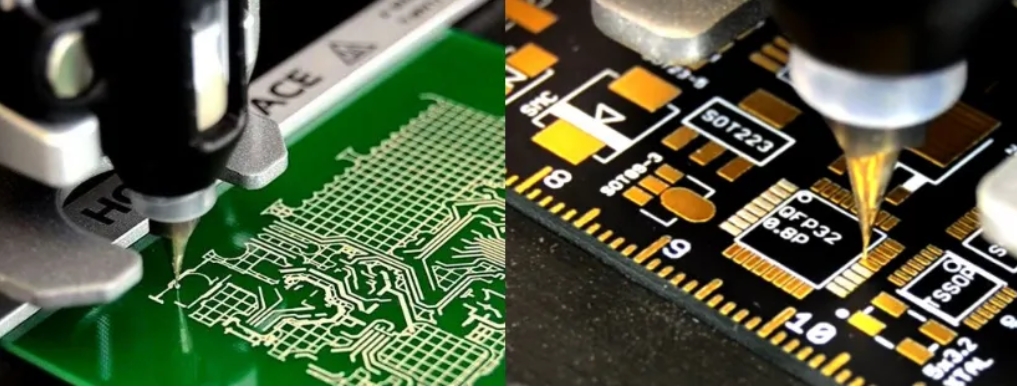
3. Conductive Adhesives:
Zinc fluoride is employed in the formulation of conductive adhesives to improve their conductivity. These adhesives play a crucial role in connecting electronic components, ensuring efficient conduction of electrical signals while maintaining adhesive properties.
4. Resistors:
Zinc fluoride can be used in the manufacturing of resistors, electronic components that control the flow of current. By adjusting the concentration of zinc fluoride, the resistance value of the resistor can be fine-tuned to meet the requirements of different circuits.
5. Conductive Films:
Zinc fluoride contributes to the creation of conductive films, which find applications in flexible electronic devices, flexible displays, and e-paper. These films provide reliable conductivity for such devices.
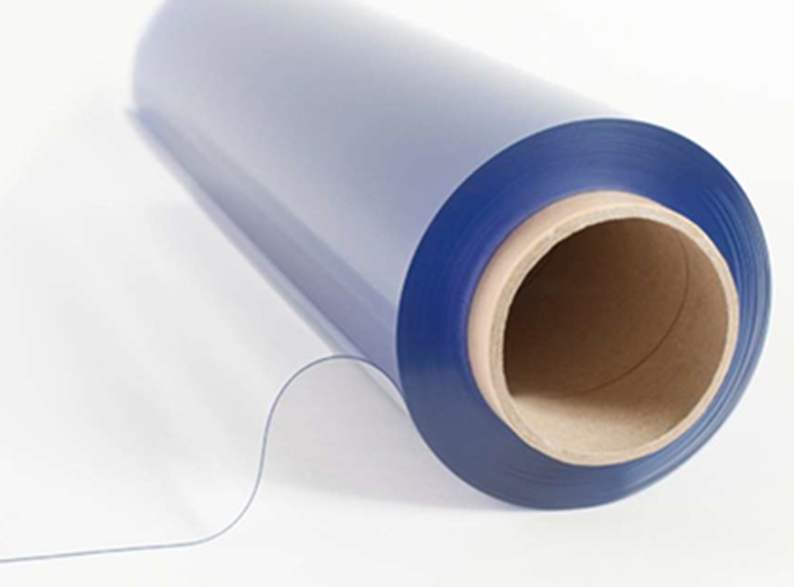
Advantages of Zinc Fluoride in Conductive Materials:
The use of zinc fluoride in conductive materials brings forth several benefits:
● Enhanced Transparency: Transparent conductive coatings maintain optical clarity while facilitating electrical conductivity.
● Adjustable Conductivity: The concentration of zinc fluoride can be tailored to achieve the desired level of conductivity, making it a versatile component.
● Reliable Bonding: Conductive adhesives fortified with zinc fluoride ensure not only effective electrical conduction but also strong bonds between electronic components.
● Flexible Applications: From resistors to conductive films, zinc fluoride's adaptability makes it suitable for a wide range of electronic applications.
In the dynamic world of electronic materials, zinc fluoride stands out as a valuable asset in the development of conductive materials. Its ability to balance transparency and conductivity makes it a go-to choice for various electronic applications. As technology continues to advance, zinc fluoride remains poised to play a pivotal role in the evolution of conductive materials for future electronic devices.
- Fluoride Salt
- Ammonium Fluoride
- Sodium Fluoride
- Potassium Fluoride
- Sodium Hydrogenfluoride
- Potassium Bifluoride
- Magnesium Fluoride
- Aluminium Fluoride
- Barium Fluoride
- Lithium Fluoride
- Strontium Fluoride
- Nickel Fluoride
- Zinc Fluoride

